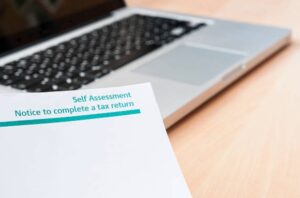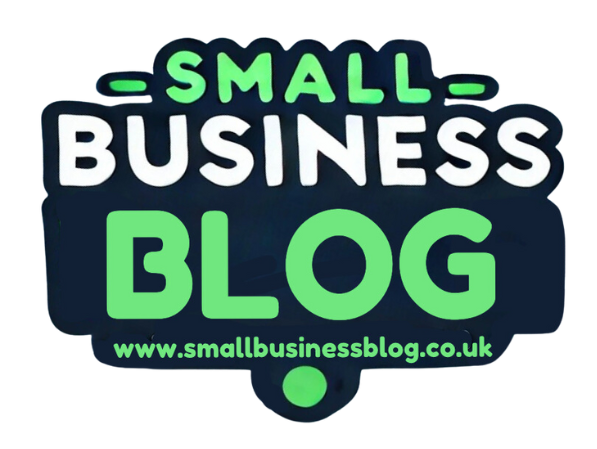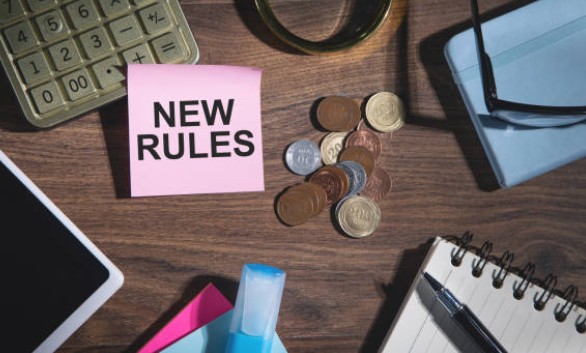Side Hustlers Beware: New Tax Rules Are Coming But There’s a Catch
As the cost of living continues to rise 43% of UK adults are now reported to have a side hustle. This trend is particularly strong amongst younger generations with 68% of Gen Z and 65% of Millennials boosting their income this way. However, Ridgefield Consulting, a chartered accountancy firm, warns that whether you are experimenting with a new venture or simply earning extra cash, understanding tax obligations is essential to avoid unexpected tax bills and fines.
HMRC crackdown on side hustles
As of January 1, 2025, digital platforms such as Etsy, eBay, and Airbnb must report user earnings directly to HMRC. HMRC is using its powers to tighten the prevention of tax evasion and ensure proper declaration of all avenues of income. Selling personal individual items is tax-exempt for the majority and most users will not be affected but It’s important to be aware that as personal earnings grow on these sites, so potentially will your tax responsibilities.
Ridgefield Consulting warns younger users not to be blindsided and caught out with an unexpected tax bill. This is not a new rule, however, just that HMRC has now mandated that platforms must report and comply by January 2025 with the earnings from users on their sites.
Changes to Self-Assessment Tax Returns

HMRC has announced the trading income threshold for filing a self-assessment tax return is set to increase from £1,000 to £3,000. This means that individuals earning up to £3,000 from side hustles will no longer need to file a self-assessment tax return. However, any income exceeding £1,000 will still be subject to tax, which will be collected through a simplified online system or potentially through adjustments to an individual’s PAYE tax code.
Despite this upcoming change, it is important to note that the new threshold is not expected to take effect until potentially 2029. Until then, individuals earning over £1,000 from side hustles will still need to file a self-assessment tax return as per current regulations.
When does a hobby become a side hustle?
A hobby can be pursued for enjoyment and may occasionally bring in income, such as selling old possessions or crafts online. It becomes a side hustle when it starts to generate regular income outside of regular employment such as freelancing, gig work,k or digital content creation. When this happens individuals must declare this income to HMRC and it can be subject to tax.
For example, if you occasionally sell handmade jewelry for fun on Etsy, it’s a hobby. But if you start taking custom orders and selling every month, it could now be a taxable side hustle.
Who Needs to Pay Tax?

- Freelancers & Consultants – Writers, graphic designers, and independent professionals offering services.
- Online Sellers – Individuals selling on platforms like eBay, Etsy, and Depop.
- Gig Economy Workers – food delivery drivers, and other self-employed roles.
- Content Creators – Social media influencers, YouTube,, rs, etc.
- Landlords – If you rent a second home, a hotel room, a home, or a spare room above the rent-a-room allowance.
How to claim Trading Allowance?
The trading allowance is an allowance available to all in the UK and it works by allowing individuals to make up to £1,000 of miscellaneous earnings each tax year without incurring income tax or national insurance on those earnings. If your earnings exceed this limit they must be reported to HMRC through Self-Assessment, and the proportion over the threshold will be subject to tax.
With the planned changes, individuals earning between £1,000 and £3,000 will no longer need to file a self-assessment return but will still be responsible for paying taxes on earnings above £1,000. HMRC is expected to release a simplified online payment platform or adjustments through earners PAYE tax code.
Why you should register and file before the April 5th deadline?

April 5th marks the end of the tax year, meaning all income earned up until this date from the previous year must be accounted for in tax filings. Although the self-assessment tax return deadline is January 31st, the tax year runs from April 6th to April, 5th, and registering and preparing early ensures you meet obligations, avoid penalties, and maximize deductions. Key benefits of timely filing include:
- Avoiding Late Penalties – Missing the Self Assessment deadline results in an immediate £100 fine, with additional penalties accruing over time.
- Ensuring Proper Record-Keeping – Preparing ahead prevents last-minute errors, missing documentation, and time to correct any errors made.
- Understanding Tax Liabilities – Knowing how much you owe well in advance allows for budgeting.
- Claiming Eligible Expenses – Early preparation ensures you have the time to claim all deductible allowable expenses.
- Avoiding HMRC Investigations – Accurate and timely filings reduce the risk of compliance checks or fines for careless filing.
As younger people struggle to find conventional means of employment and turn to more entrepreneurial routes, it may not be obvious that they need to register for the self-assessment tax system. Understanding whether a hobby or side gig classifies as a side hustle can help avoid unexpected tax bills or fines from HMRC.
If you are unsure or need further guidance on whether your side hustle needs to be declared to HMRC or not they have released a guide to help clarify. It is also recommended to seek help from a professional if needed who can help navigate individual tax obligations and ensure compliance.







